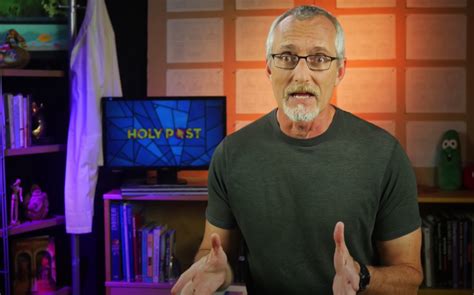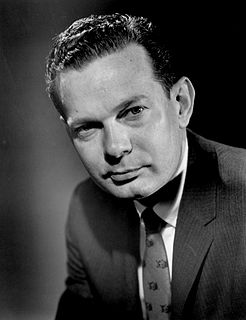A Quote by Steven W. Mosher
Robert Zubrin’s masterful study…makes for riveting reading. . a cautionary tale of what happens when powerful, unprincipled elites are not only alienated from the mass of their fellow men, but come to see them as a barrier to imagined social, evolutionary, or environmental progress.
Related Quotes
Europe is often held up as a cautionary tale, a demonstration that if you try to make the economy less brutal, to take better care of your fellow citizens when they're down on their luck, you end up killing economic progress. But what European experience actually demonstrates is the opposite: social justice and progress can go hand in hand.
I've been with the project for like three years: creating it, pushing it. [There] becomes a certain doubt when you're pitching this story to people. ["The Land" is] a cautionary tale. It's not the brightest or best ending to a film when you're telling a cautionary tale about four kids, kids who are killing each other, kids who are products of the streets.
Cutting for Stone is nothing short of masterful -a riveting tale of love, medicine, and the complex dynamic of twin brothers. It is beautifully conceived and written. The settings are wonderfully pictorial. There is no doubt in my mind that Cutting for Stone will endure in the permanent literature of our time.
You can think of my films as cautionary tales, but you might even think of them as despairing tales, because at least in a cautionary tale, you have this idea that by listening to the story you can assure a better outcome. Whereas I'm not at all convinced that's the case. In fact, if anything, I'm convinced that it's the opposite.
As far as my experience goes, men of genius are fairly gifted with the social qualities; and in this age, there appears to be a fellow-feeling among them, which had not heretofore been developed. As men, they ask nothing better than to be on equal terms with their fellow-men; and as authors, they have thrown aside their proverbial jealousy, and acknowledge a generous brotherhood.
As the years progress, what women and men will discover is that the most lasting and rewarding educational experiences come not from specific information provided in classroom lectures or assigned textbooks, but from the values obtained in active engagement in meaningful issues. We achieve for ourselves only as we appreciate the problems and concerns of others-and only as we see our own lives as part of a much greater social purpose.
Nobody in TV makes as much money as Robert Redford, who likes to make movies for several million dollars only on the condition that they contain some sort of social message. I cannot take very seriously a social message delivered by an actor who is paid nine million dollars to deliver it, and who charges you five dollars to see it.
Considering that we live in an era of evolutionary everything---evolutionary biology, evolutionary medicine, evolutionary ecology, evolutionary psychology, evolutionary economics, evolutionary computing---it was surprising how rarely people thought in evolutionary terms. It was a human blind spot. We look at the world around us as a snapshot when it was really a movie, constantly changing.



































